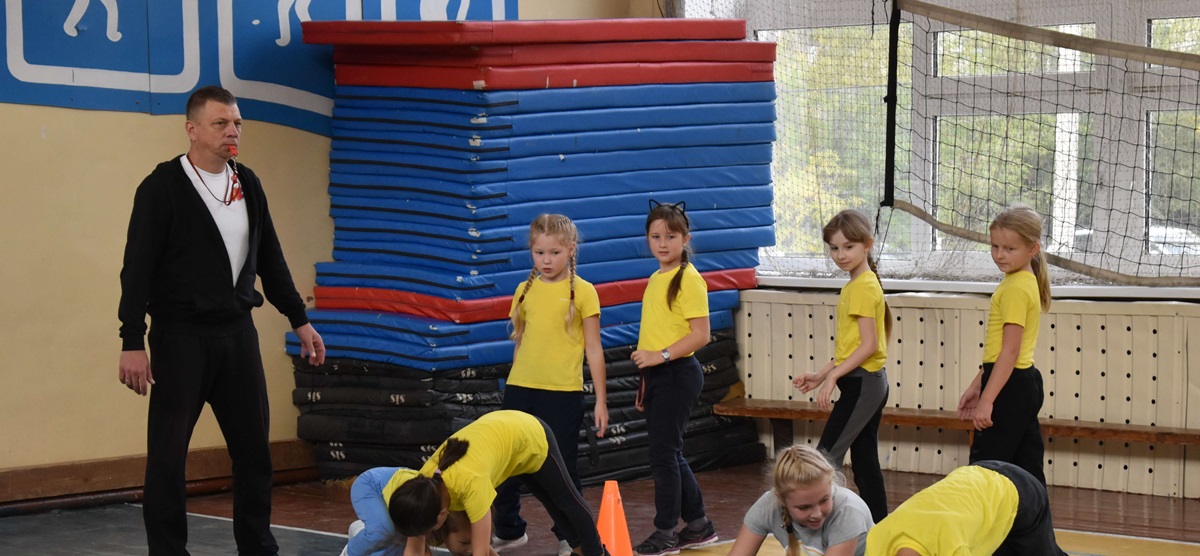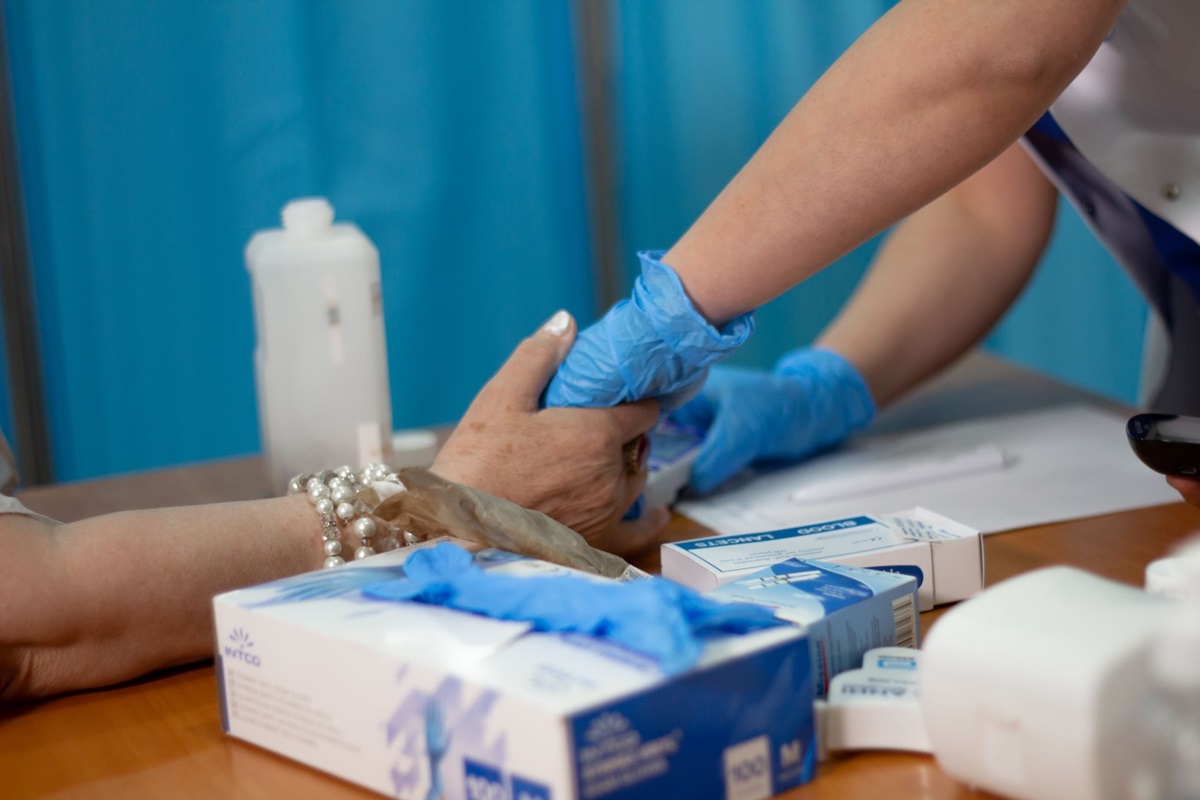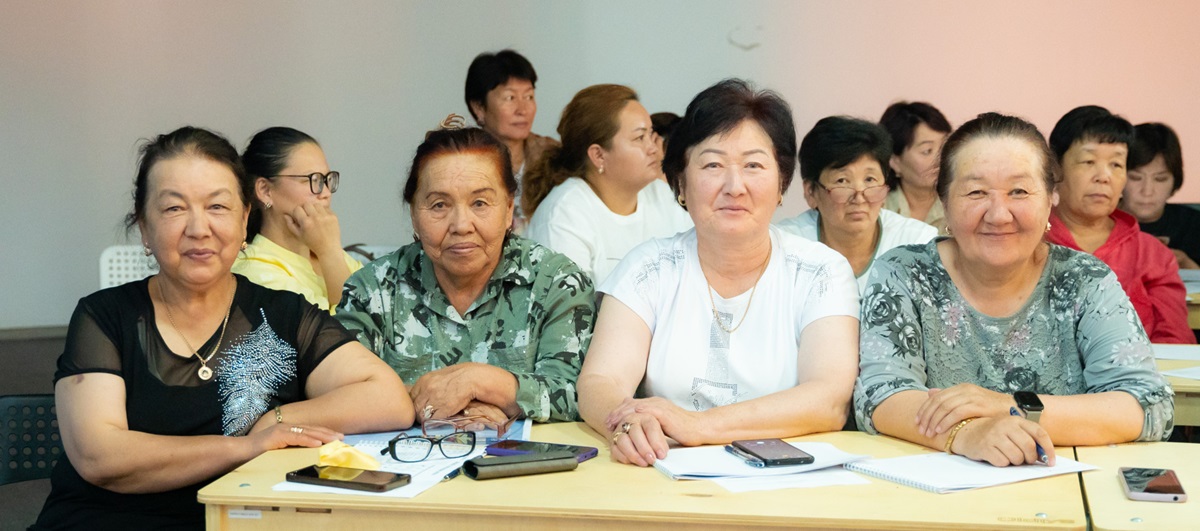No images? Click here
09-08-2024
In Europe, climate change is raising temperatures faster than in any other region of the world, posing risks to groups such as the elderly and those with chronic health conditions.
Depending on the frequency, intensity and duration of the heat, pregnant women and their babies can also be affected, particularly if they are socioeconomically vulnerable. How can pregnant women look after themselves during hot weather?
Read more
74th session of the
WHO Regional Committee for Europe
29–31 October 2024, Copenhagen, Denmark
Health ministers and high-level delegates from the 53 Member States of the WHO European Region, as well as representatives of partner organizations and civil society, will meet in Copenhagen, Denmark, on 29–31 October 2024 for the 74th session of the WHO Regional Committee for Europe (RC74).
MPOX(MONKEYPOX) OUTBREAK
Statement – Mpox: test for global equity and call for elimination in the European Region
20-08-2024
WHO Director-General declares mpox outbreak a public health emergency of international concern
16-08-2024
UKRAINE EMERGENCY
Ukrainian children living with cancer transferred to Germany from damaged Kyiv paediatric hospital
19-07-2024
Ukraine emergency situation reports
COVID-19
Amid a summer wave of COVID-19, a new WHO/Europe study confirms the lifesaving impact of vaccines
02-08-2024
COVID-19 vaccines
From the global site
Increasing Recognition, Research and Rehabilitation for Post COVID-19 Condition (long COVID)
WHO remains committed to learning more about long COVID and to finding ways to improve the medium- and long-term outcomes for people affected by it.
Partnering with the European Union to support deployment of COVID-19 vaccines and vaccination
The EU and WHO/Europe together provide critical assistance to Member States of the WHO European Region to ensure local readiness for safe and effective vaccination campaigns against COVID-19
INFLUENZA (AVIAN AND OTHER ZOONOTIC)
Avian
influenza in the WHO European Region: What do we know and how can we prepare?
22-07-2024

20-08-2024
WHO/Europe has released a new publication aimed at empowering sports coaches to play a meaningful role in sport and community health. The “Health promoting sports coach implementation guide: be an empowering and supporting coach” equips coaches with the tools and knowledge to support the health and well-being of individuals and communities.
Coaches play a pivotal role in shaping the lives of millions of young people and adults across the WHO European Region. While sports participation offers numerous benefits for physical and mental health, it can also pose risks such as injuries, burnout, and exposure to promotion and marketing from health-harming industries such as tobacco, alcohol and fast-food.
Menstrual health is a fundamental human right
15-08-2024
How much does environmental noise affect our health? WHO updates methods to assess health risks
04-08-2024
Staying one step ahead of polio: WHO builds awareness of advanced sequencing technology
01-08-2024

22-07-2024
Partnerships in health are essential at the best of times, but absolutely critical during crises such as the COVID-19 pandemic. With the pandemic seemingly fading from memory – including that of WHO Member States across Europe and central Asia – we must remember that partnerships and collaboration are more crucial than ever. They help us to address the health emergencies we are facing now, and to better prepare for those that lie ahead, arriving faster than ever before.
A standout example of such collaboration is the trusted and reliable partnership between WHO/Europe and the European Union (EU), driven by our shared
commitment to protecting the health and well-being of all people in this region. This is a partnership that deserves to be recognized for saving lives during one of the biggest health emergencies in generations. It extends beyond emergencies, however, to encompass a range of public health priorities, strengthening health systems as a whole.
Read more

19-08-2024
The WHO Country Office in Kyrgyzstan led a series of training sessions for 350 family doctors, immunologists, nurses, paediatricians and other health-care workers involved in the vaccination process in the Issyk-Kul and Naryn regions of the country. These national-level training sessions aimed to reinforce the health workers’ knowledge of the national immunization calendar and enhance their ability to effectively communicate with caregivers about the importance of vaccination. By focusing on both the technical and interpersonal aspects of the immunization process, WHO aims to build vaccine confidence and increase vaccine acceptance and demand within local communities. The
training is part of a 4-year project (2022–2026), jointly funded by the European Union (EU) and WHO, to strengthen immunization and the digitalization of health systems towards advancing universal health coverage in the central Asian republics (Kazakhstan, Kyrgyzstan, Tajikistan, Turkmenistan and Uzbekistan).
Read more
Kyrgyzstan launches national survey on antimicrobial resistance, with WHO support
16-08-2024
Kyrgyzstan receives humanitarian aid to combat echinococcosis
15-08-2024
Enhancing primary health care in Ukraine: WHO pilots a hypertension project in Chernivtsi
12-08-2024
Georgia moves forward to regulate nursing and midwifery
12-08-2024
WHO leads training on Crimean-Congo haemorrhagic fever in Kyrgyzstan
05-08-2024

EVENTS
WHO/Europe is hosting the first Athens Patients’ Forum to enhance quality of care and patient safety in Greece
20 September 2024, Athens, Greece
Pharmacy Care and Pharmaceutical Services: a high-level policy symposium
24 September 2024, Copenhagen, Denmark and online
High-level policy dialogue: Mental health and the triple planetary crisis: a call for action
7 October 2024, 13:00–18:00 CEST, Brussels, Belgium (hybrid)
74th session of the WHO Regional Committee for Europe
29–31 October 2024, Copenhagen, Denmark








